#40 | Nomading in Asian Cities - Seoul
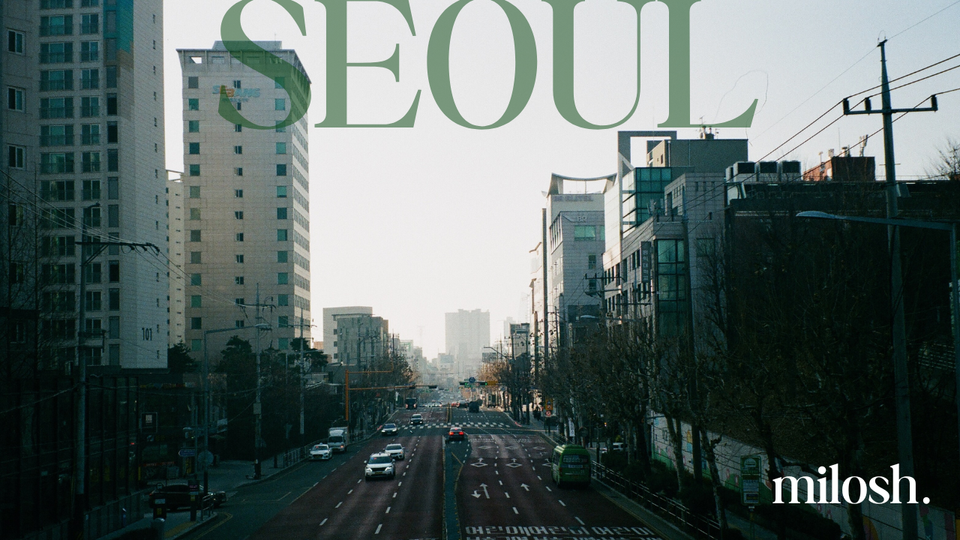
Having spent the majority of 2022 and 2023 in Asia - I spent a big chunk of my time across different countries, regions, places & cities. The Asian megacities are something that we have been told about since elementary school in Europe - as the urbanization of these places has happened at a different pace. Many young Europeans dream & think of how life in such cities feels. The more privileged one could do a study abroad or an internship. The rest of us could only wonder. Until remote work came around and allowed many of us to go & experience what life in these cities is like. I purposely say life - as visiting for a few days does not do justice.
I will look into bigger Asian cities and how remote work helps shape them. It will also be accompanied by my personal experiences from these cities, & fresh ideas.
Starting with nothing else but a historical yet futuristic - Seoul, the capital of South Korea.
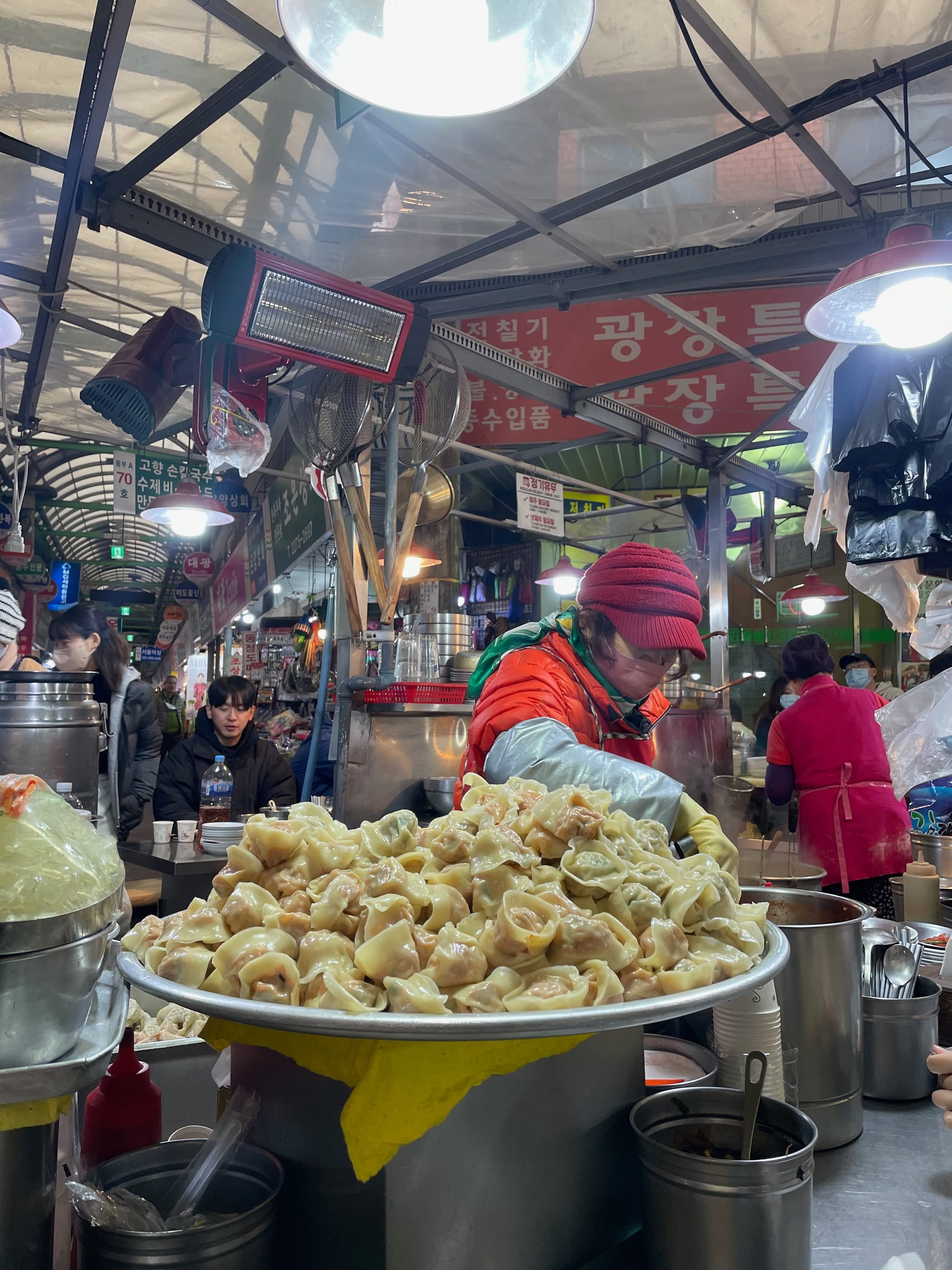
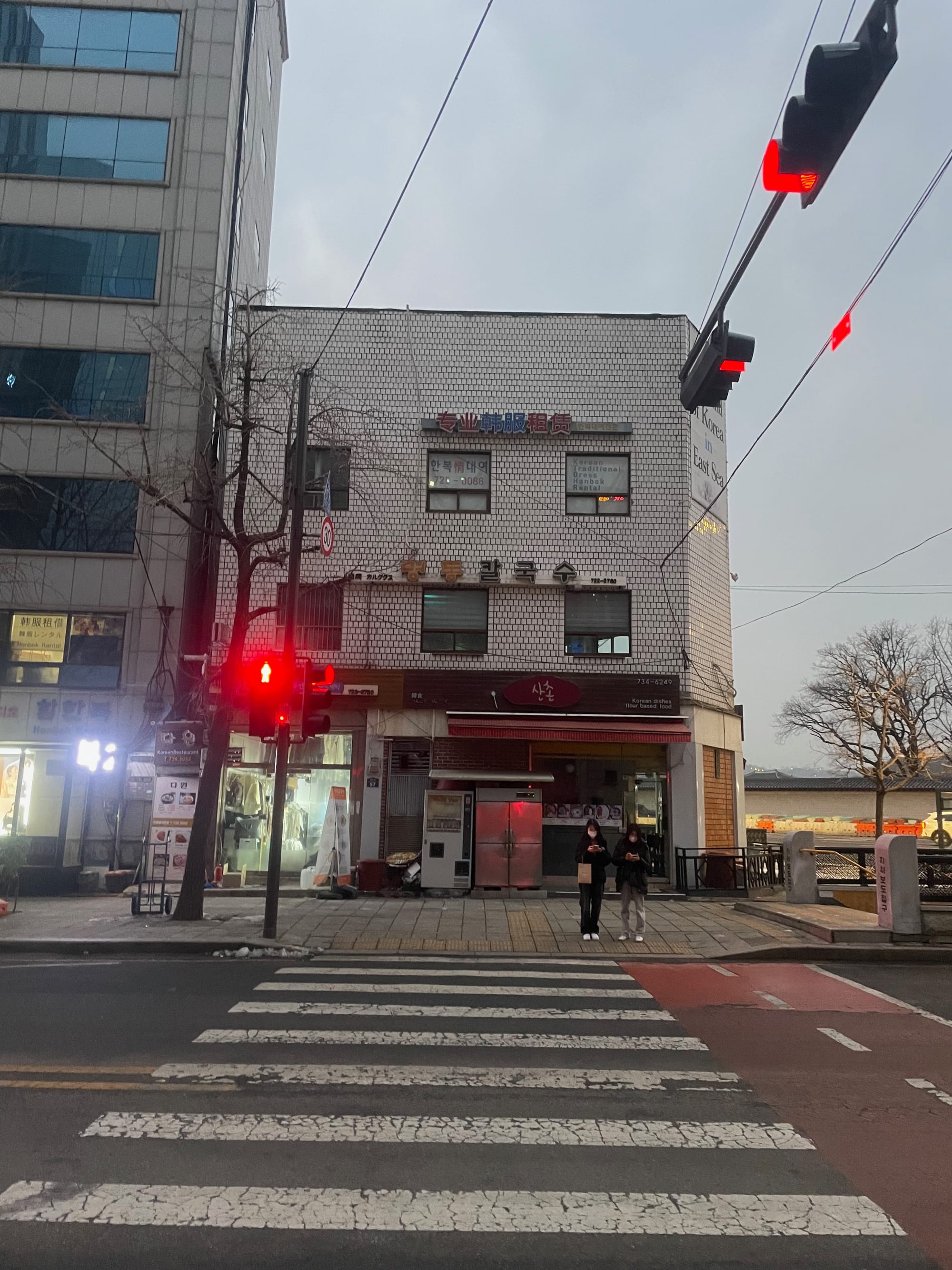
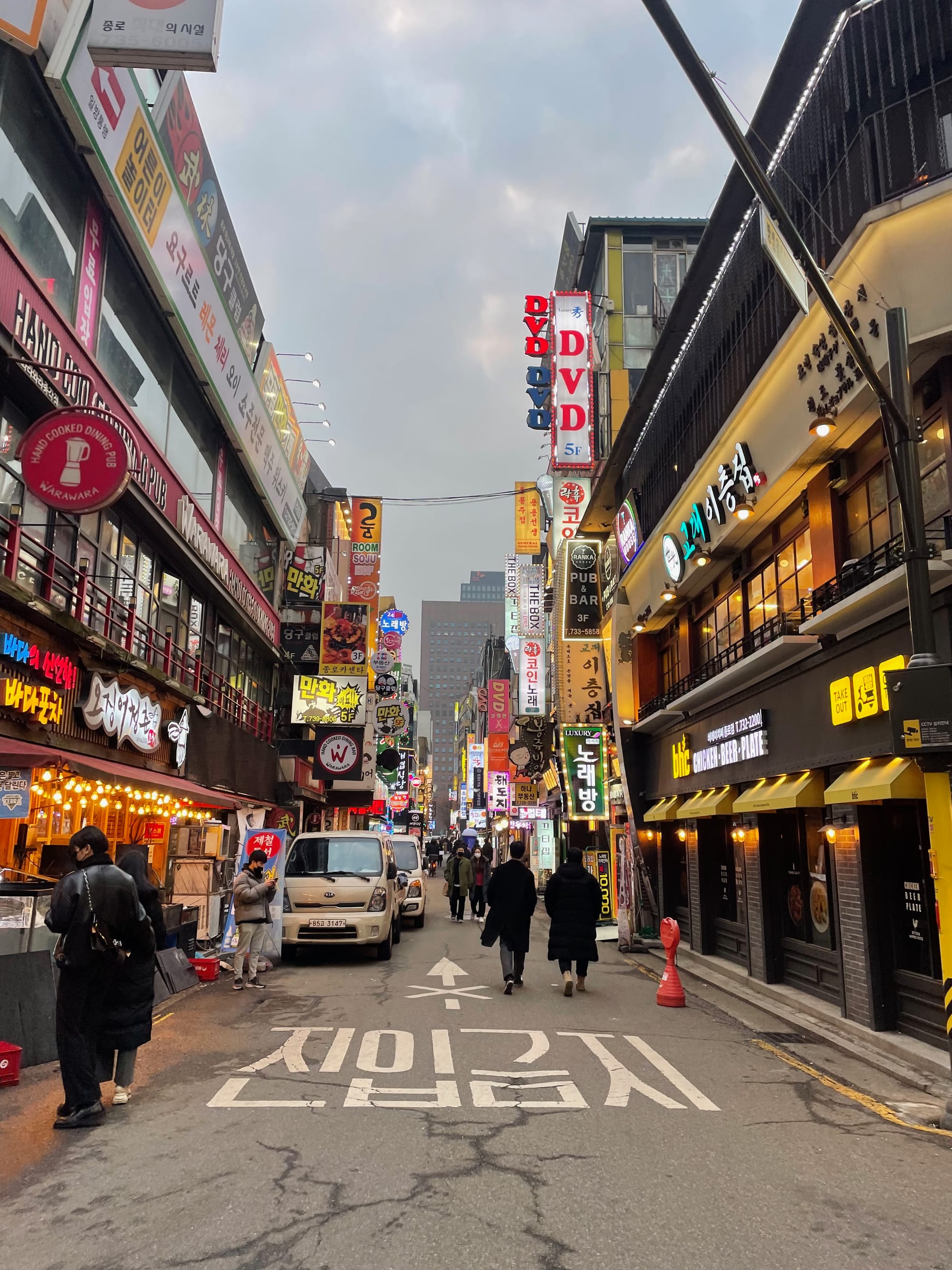
Seoul, where jay walking is not common & dumplings taste heavenly.
Seoul for Soul
Seoul is a city that somehow manages to blend ancient traditions with futurism. You get to try out the costumes in the historical palace but you will also be serviced by robots from the moment you land at the Incheon airport. The history of this city stretches back over two thousand years. The city served as the capital of the Joseon Dynasty from the 14th until the 20th century. A period that saw the construction of all these magnificent palaces and the development of a unique Korean culture that we can all witness by visiting Seoul.
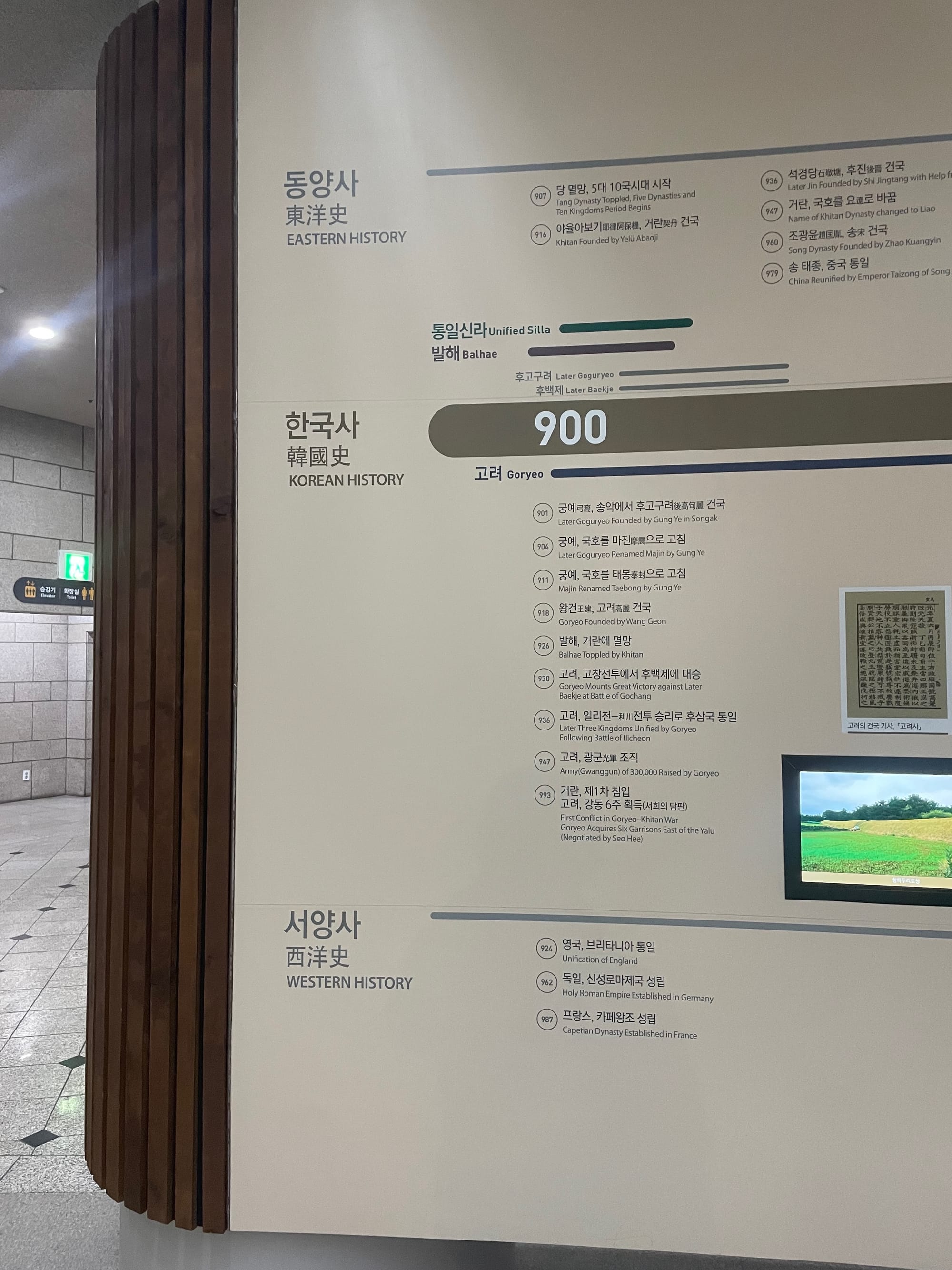
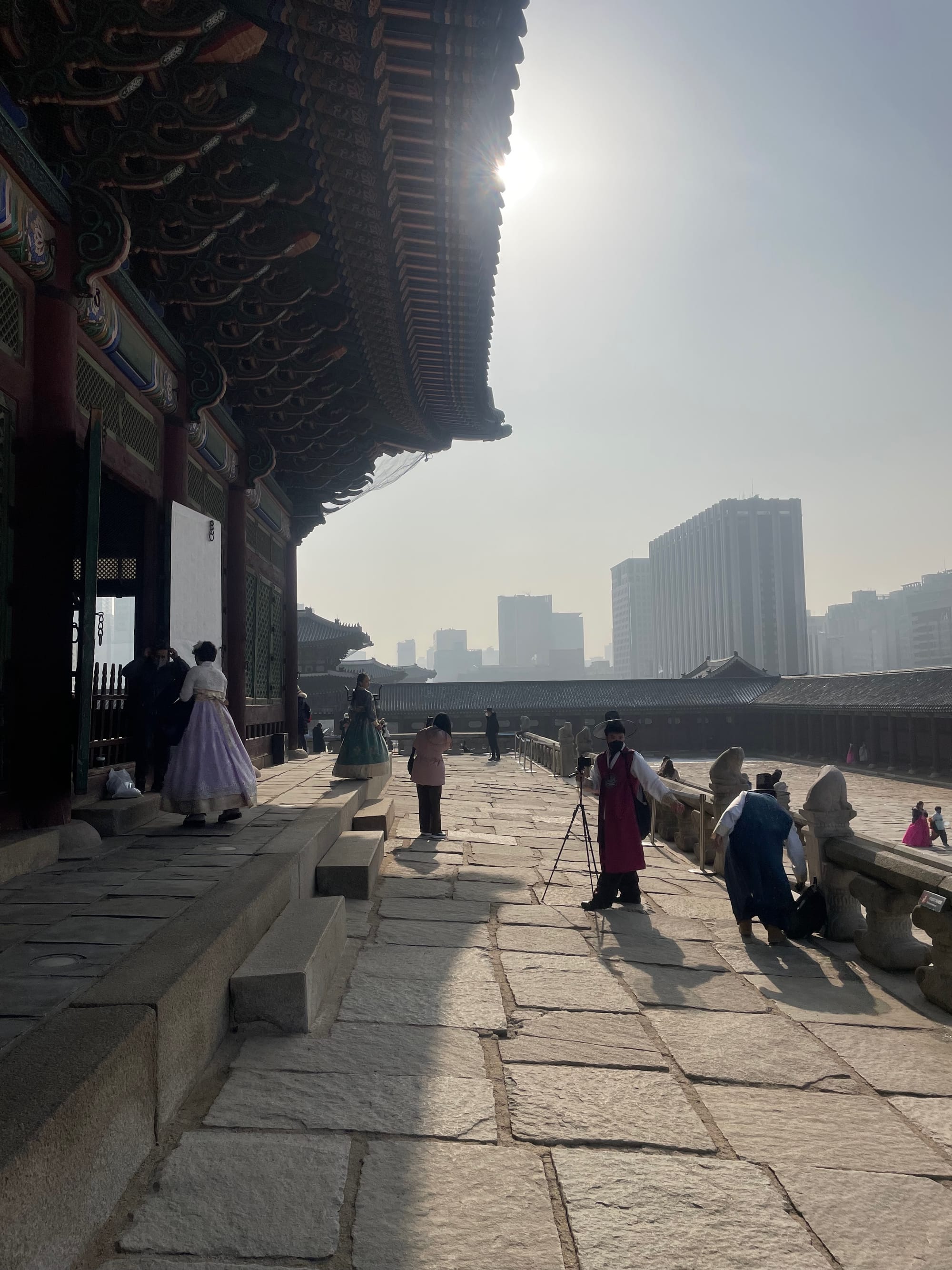
Learning Korean history was a big part of helping understanding the culture to me.
Following Japanese colonial rule and the devastating Korean War (which is incredibly well covered in the War Memorial Museum, go see it), the city of Seoul emerged as a symbol of resilience and rapid development.
In the latter half of the 20th century, South Korea became one of the "Asian Tigers," experiencing unprecedented economic growth.
To not only name the positives - Seoul as a city has its challenges. Demanding work culture, and high housing costs are just some of those. 1 stat making headlines around the world is the aging society in South Korea. Right now, there are more 80 years old than 1-year-old people alive.
Despite these issues, Seoul continues to evolve, and amongst other things - it continues to attract international talent and investment. The city is realizing the potential of digital nomads and remote workers, recognizing the need to diversify its economy.
So, how does Seoul feel to an Eastern European digital nomad visitor?
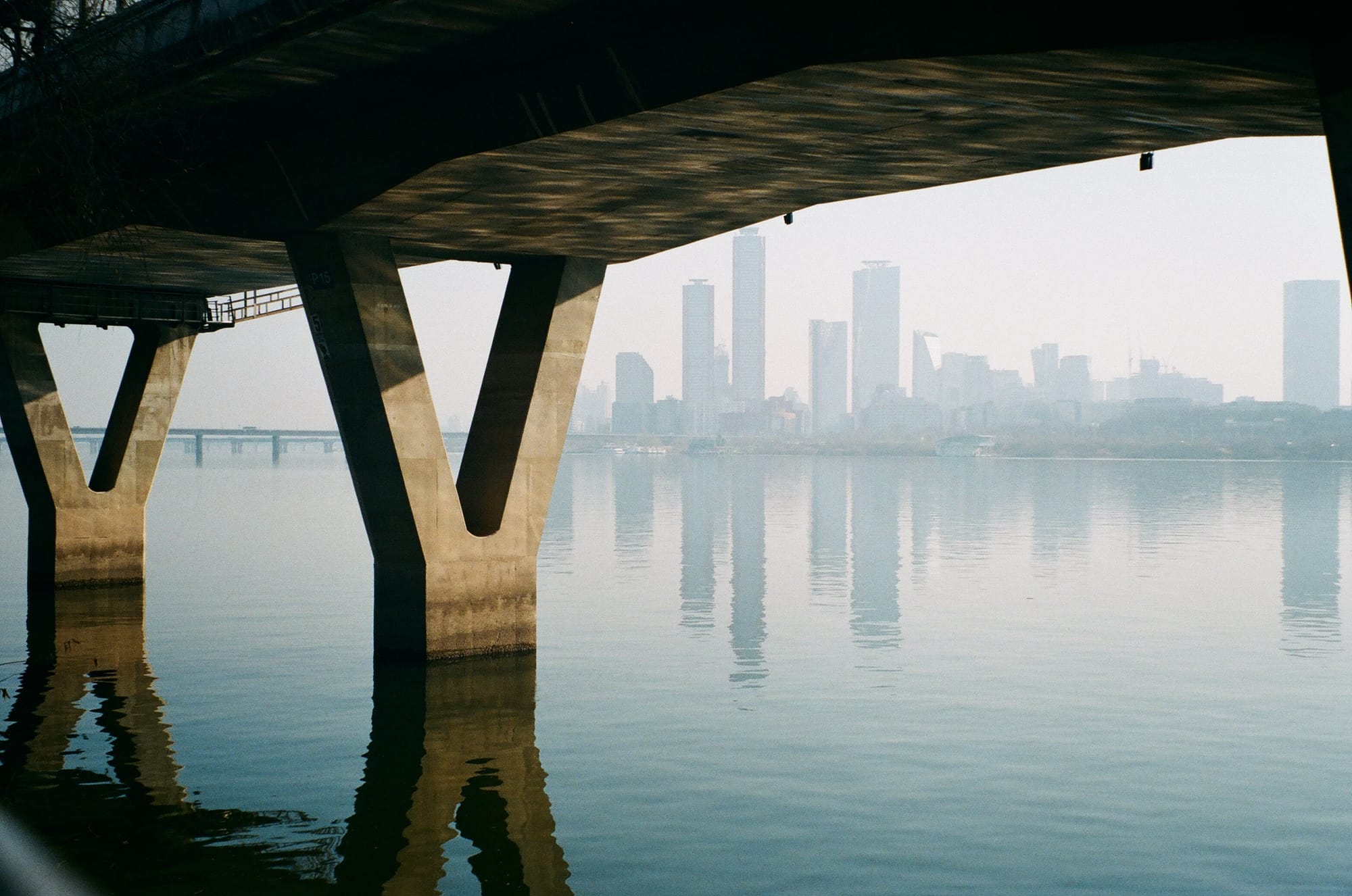
Remote Work & Digital Nomadism in Seoul
Seoul has slowly, but surely been gaining recognition as a digital nomad-friendly city. If you visit the holy grail of all the crowdsourced digital nomad guides - www.nomad.com - some of you may be surprised to see it climbed onto the #6 place in the entire world. Many Westerners think of places like Seoul, Tokyo, or Taipei as very expensive - while these places are more affordable than 95%+ of European capitals (including Eastern Europe).
And so as the segment of digital nomads evolves - behaviorally, geographically, demographically - so do the destinations realize there is this relatively new segment of travelers who are basically, their dream visitors.
This is slowly happening in Korea, too, with the growth of Seoul's popularity & the private investors & governmental institutions seeing the potential in remote work. I wanted to say that I was in Seoul "before it was cool" but it would have been a blatant lie. I went to Seoul in January 2023, just after places like South Korea and Japan started to reopen to the world post-pandemic. The first written mention of digital nomadism & Seoul was in 2014. So to give them credit - that is someone who was ahead of their time.
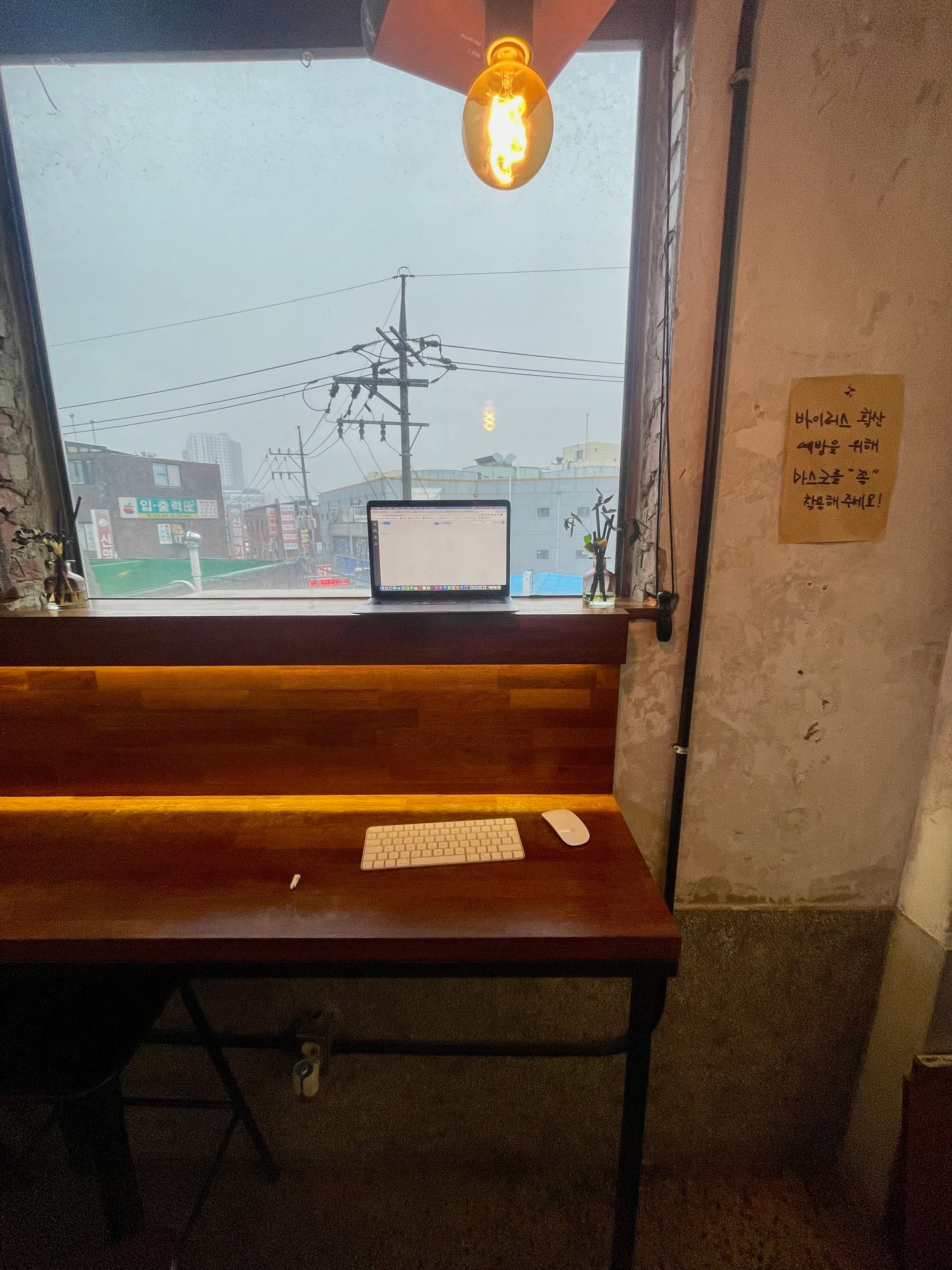
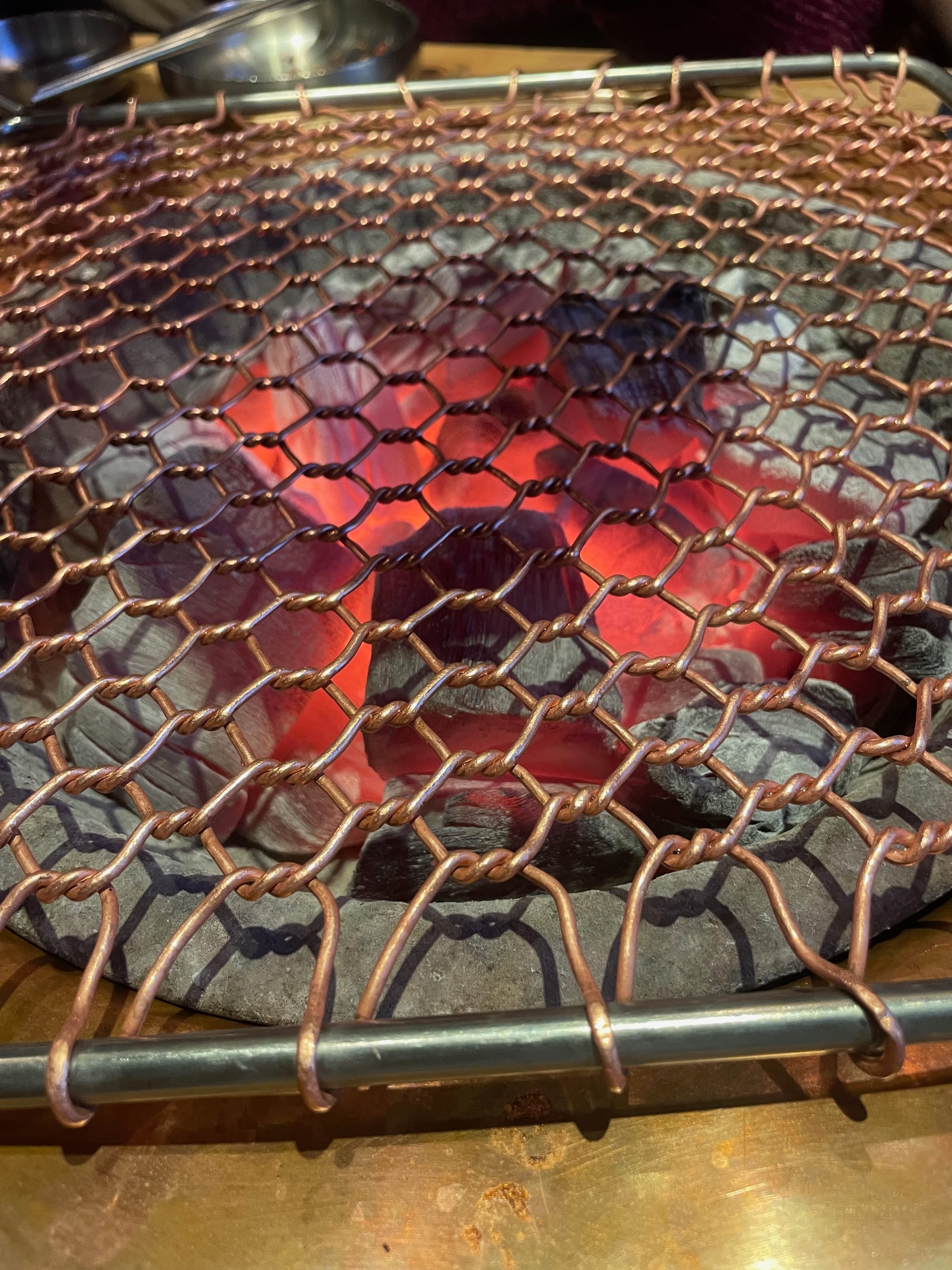
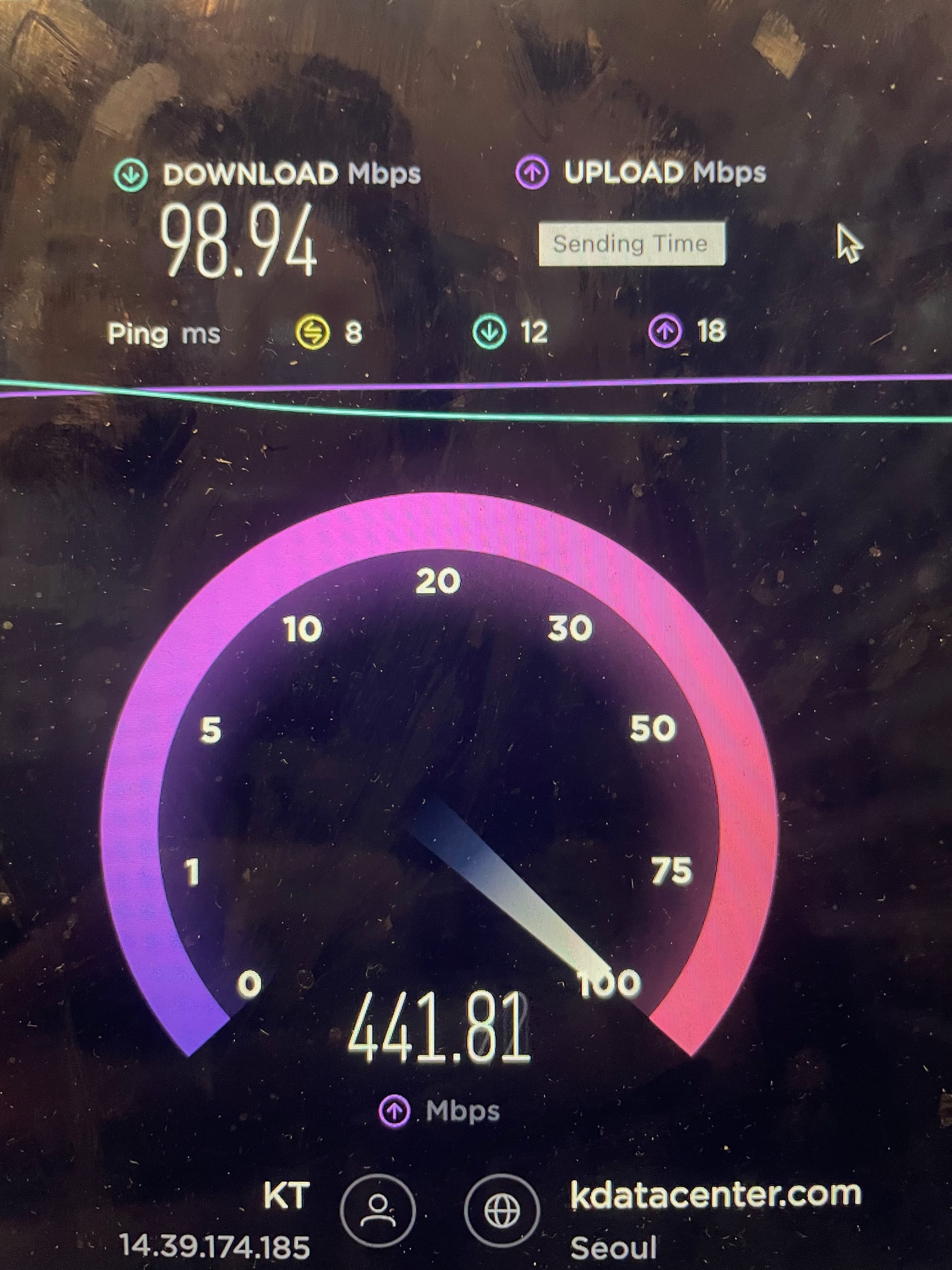
Digital Nomading in Seoul - brb.
Seoul is a city of many different neighborhoods that offer different activities according to your preferences. The most known are Hongdae, Itaewon, or Gangnam, places where the nightlife feels everpresent on any given night of the week, and twice on Friday.
I recommend having a look at Seoul's profile on nomads.com below, to understand which of the neighborhoods meets your criteria. There are parts of the town where you can learn more about history (something I appreciate), where you are closer to the mountains (also appreciate this) or you can choose any of the named districts and step in the middle of the party area (this was also me).
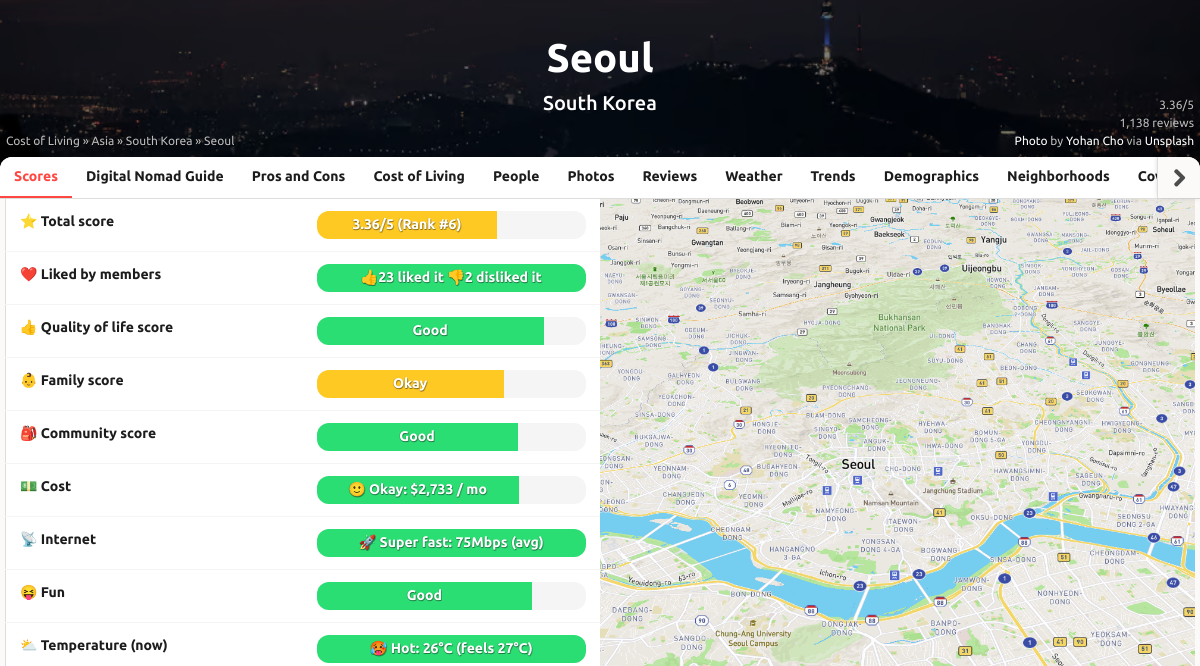
But what about accommodation? Well, to give you the good & bad.
The co-living sector in Seoul is growing. During my time - I opted to stay at Zzzip Guesthouse in Hongdae and until today it has been one of the best guesthouses I've ever stayed in. The community was amazing and very organically nurtured - the only, and quite a big, downside of this place was that it has no coworking. As I visited Seoul just at the beginning of the nomad boom, there was no active co-living. If I were to go to Korea again - I would likely want to give a try to Seoul Nooks, a community co-living that I was given many recommendations on from my fellow nomad friends.
Other than growing coliving options - Seoul & South Korea are running more initiatives to accommodate & attract digital nomads. Recommend following Digital Nomads Korea to stay in the loop before you plan your future visit! South Korea also launched its digital nomad visa on January 1, 2024.
This visa allows remote workers to live and work in the country for up to two years, providing an excellent opportunity for digital nomads to spend extended periods of their time in Korea.
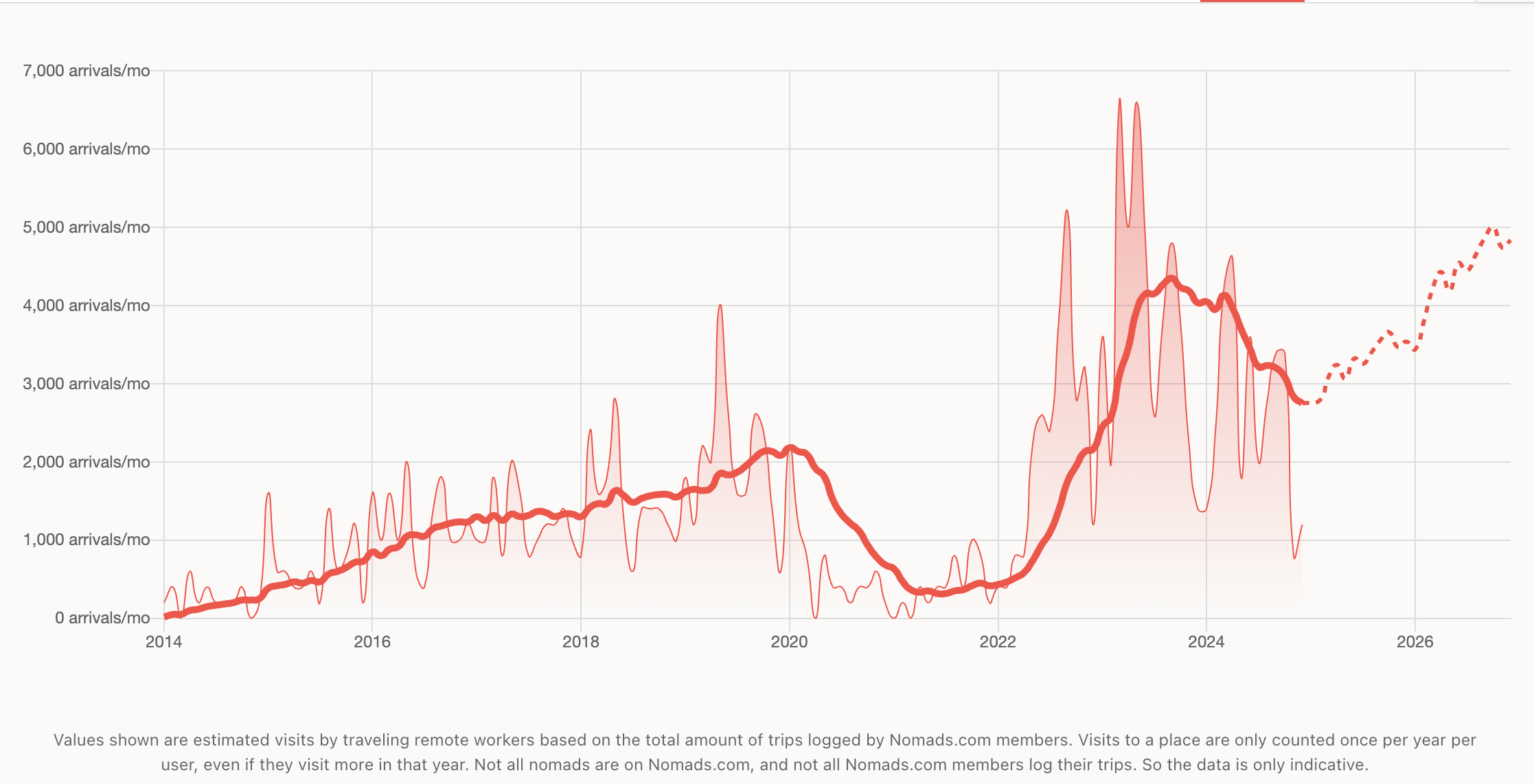
Life in Seoul Is Never Boring
The beauty of Seoul is that this city, like its fellow Asian megalopolis - offers for everyone. Just think of a food scene. Yes, you can go and feast on the Michelin star restaurants. You can eat specialties like beef tartare with baby octopus (that's normally still moving on your plate) but you can also just stop by the food stalls right at the top of the subway station staircase and enjoy the most delicious tteok-bokki or blood sausage Asia has to offer. Or go and explore the famous Gwangjang market where you may try tastes you never tried before. Speaking for myself - I have not been very aware of how incredibly tasty Korean cuisine is before my visit. Now - I rank it as one, if not THE, best Asian cousins. Also, my preferred chopsticks are now the ones made from metal, iykyk.
Other than eating world-class food, there are so many opportunities how to walk all the calories out. For me personally, as a history nerd - I did enjoy the visits to Gyeongbokgung Palace or the War Memorial. Simply because their history is not taught in the part of the world where I'm from. I have also taken the DMZ tour driving up to the border with North Korea and visited the demilitarized zone. That however feels like a topic for its own article.
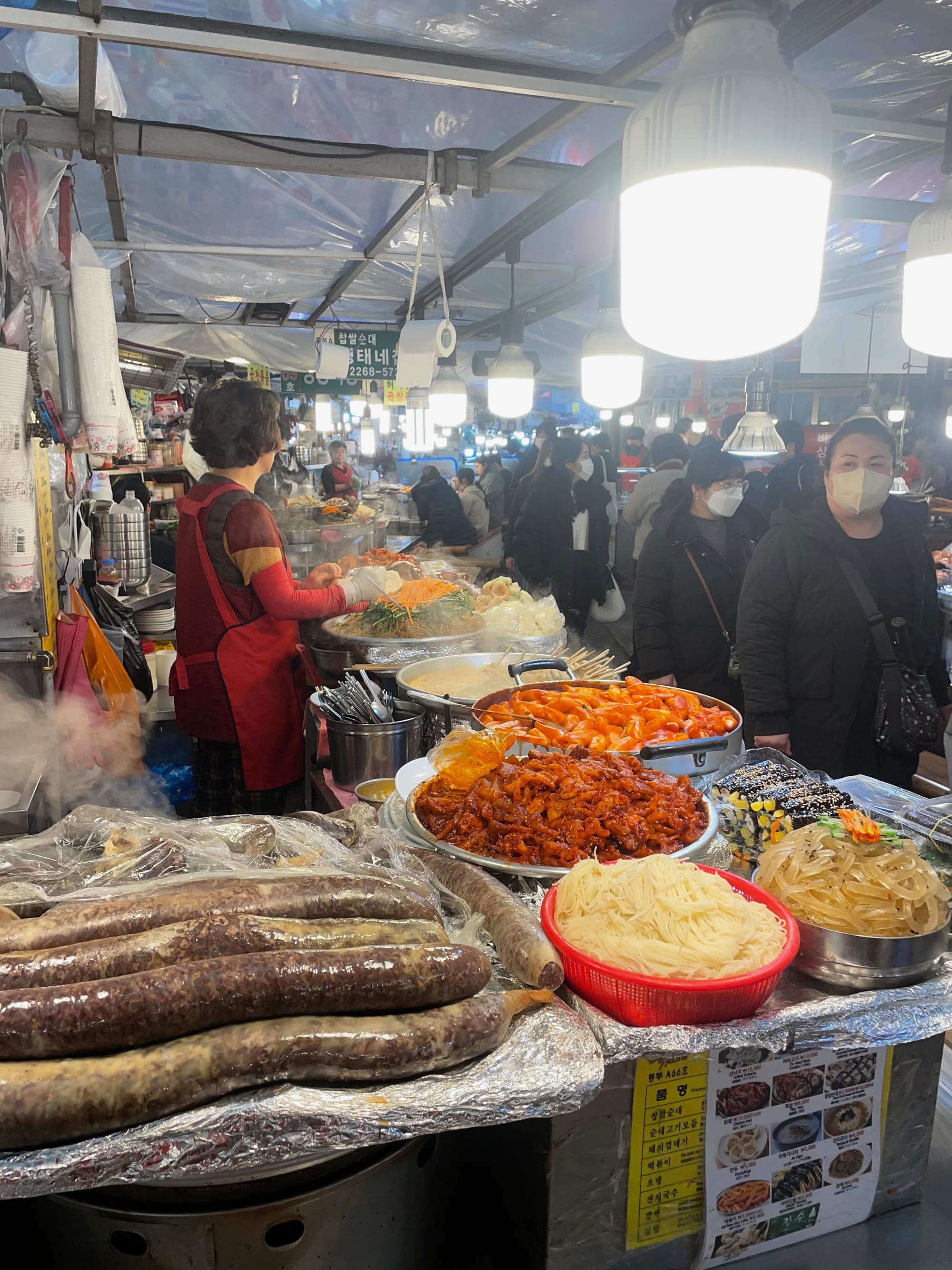
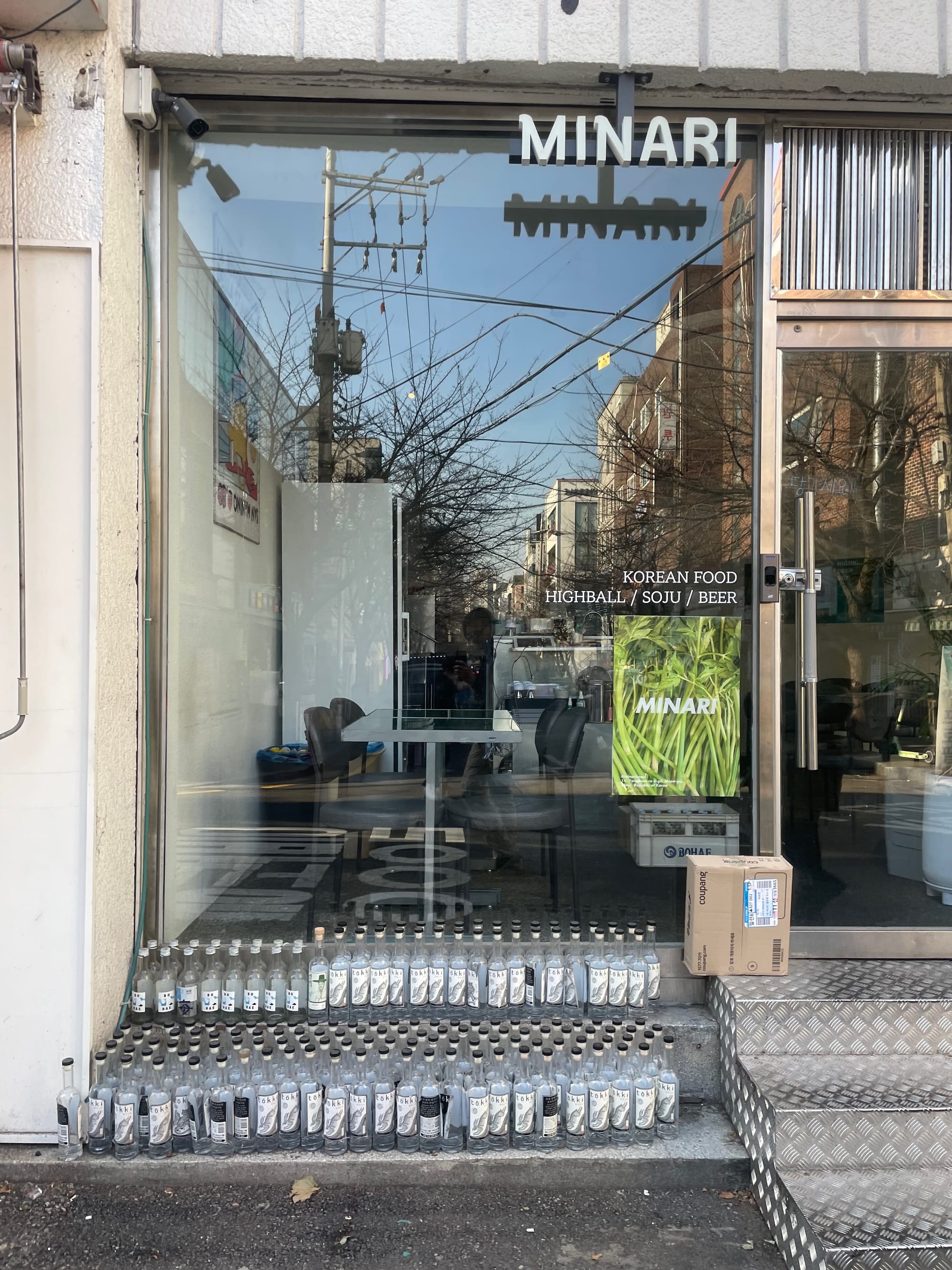
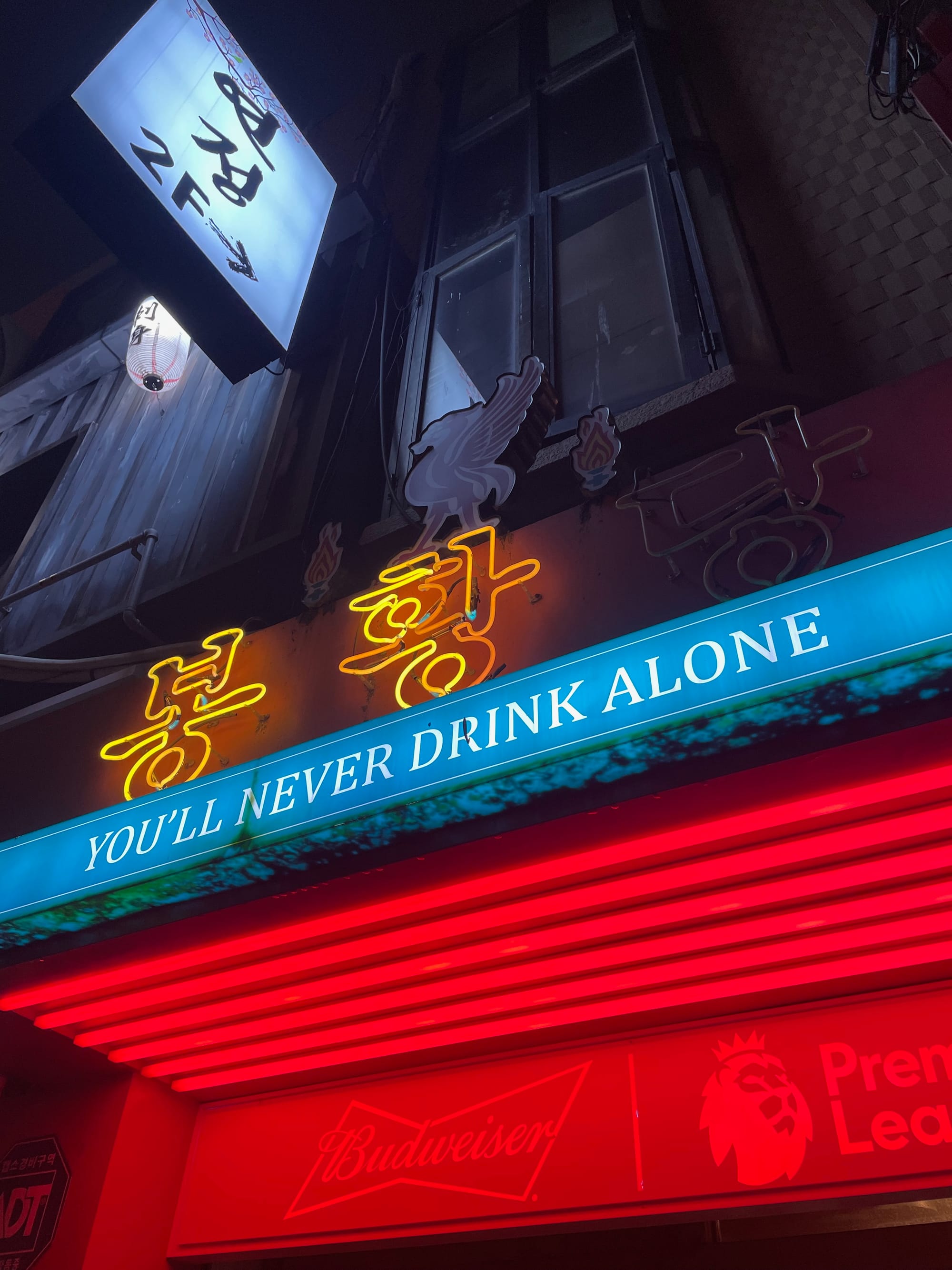
Seoul
Seoul offers plenty of outdoor-sports-friendly areas. Whether it's a nice jog by the Han River or a quick city hike with stunning views of the city's skyline on Inwangsan or Bukhansan. One thing I have missed out on is practicing taekwondo - so if you are into martial arts or you like learning a sport that comes from a certain country, within that country - I recommend searching for a gym that offers classes.
Well and last but not least - Koreans do love their partying. As much as every morning on your early walk - you will find empty bottles left right in front of the bar entrances - understanding how much fun the previous night was at each place. If you like electronic music or jazz - Seoul offers countless clubs & venues where you can have an incredible night - whether do or don't consume alcohol. I have even found a place where Liverpool FC's fans meet and watch the games together. Even if the kick-off is at the late night hours.
These are just snippets of what I have been able to see & experience during my 3-week stint in Seoul. As soon as I was on the train to the airport - I knew I would want to be back at some point, and for longer. Not only to explore other parts of Korea but to experience life in Seoul again. Because whatever your preferences are, one thing is for sure. Life in Seoul is never boring.

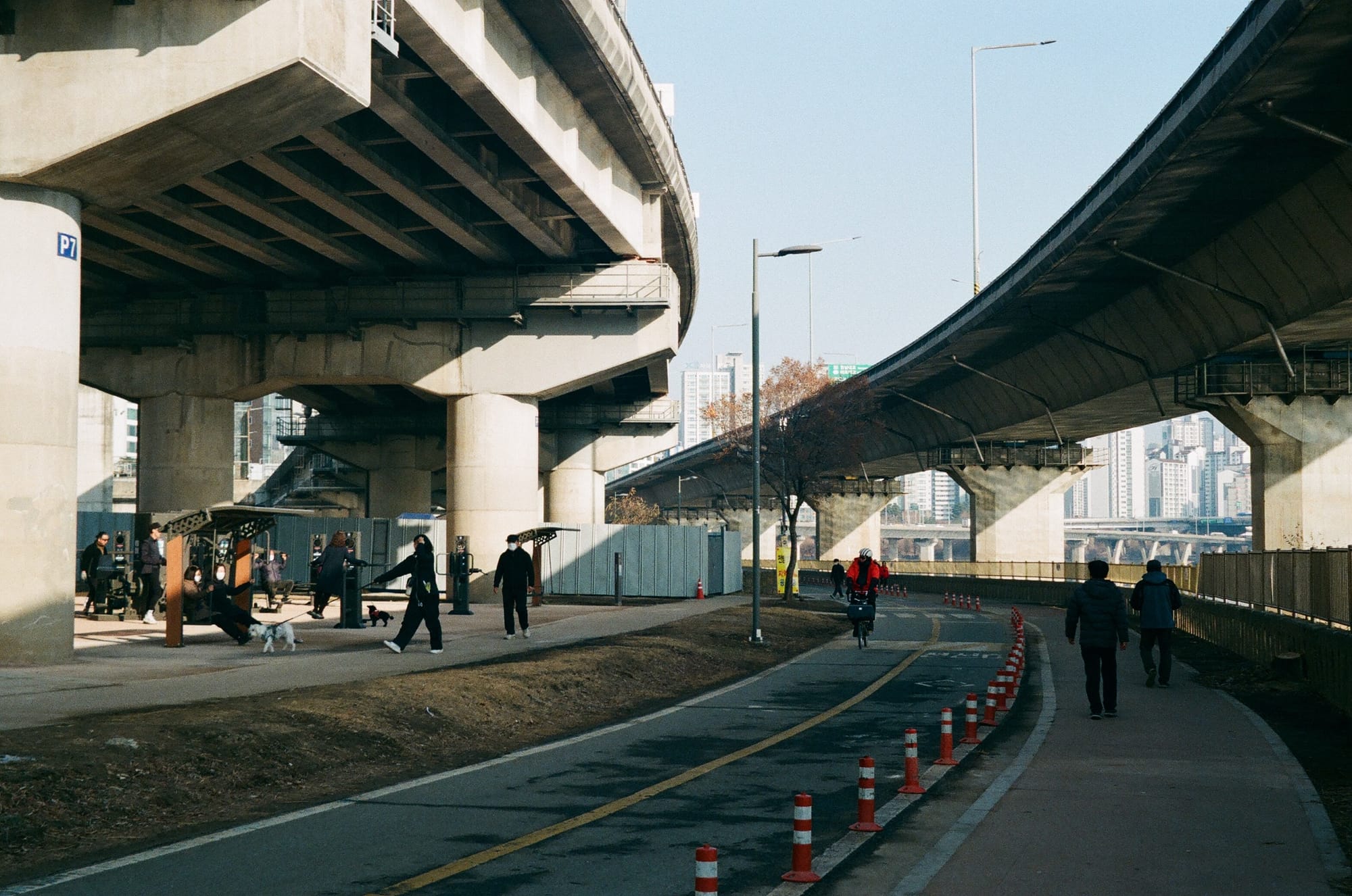
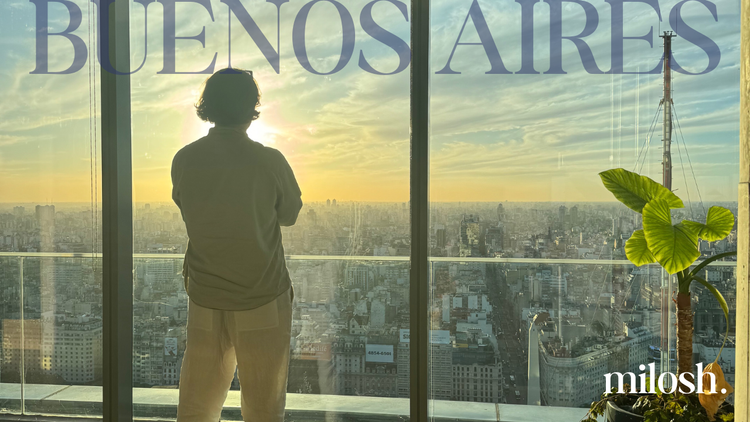

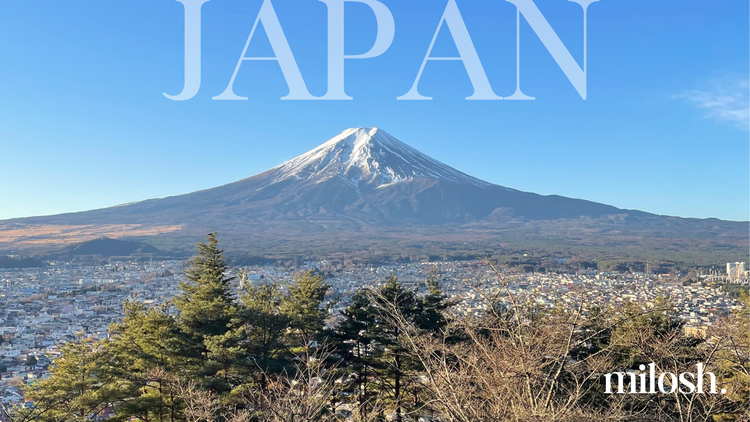

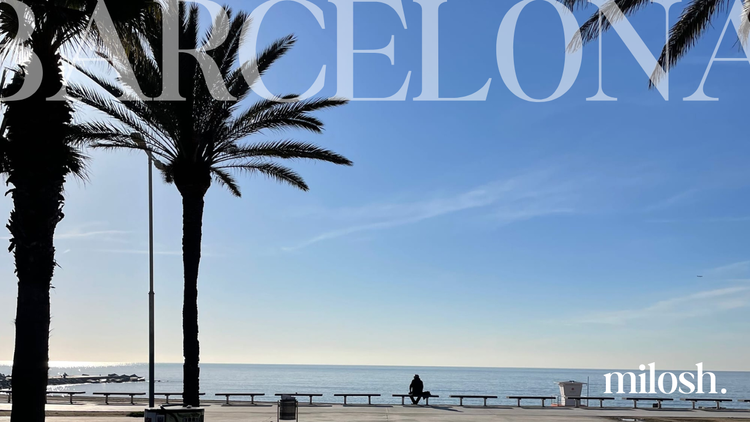
Member discussion